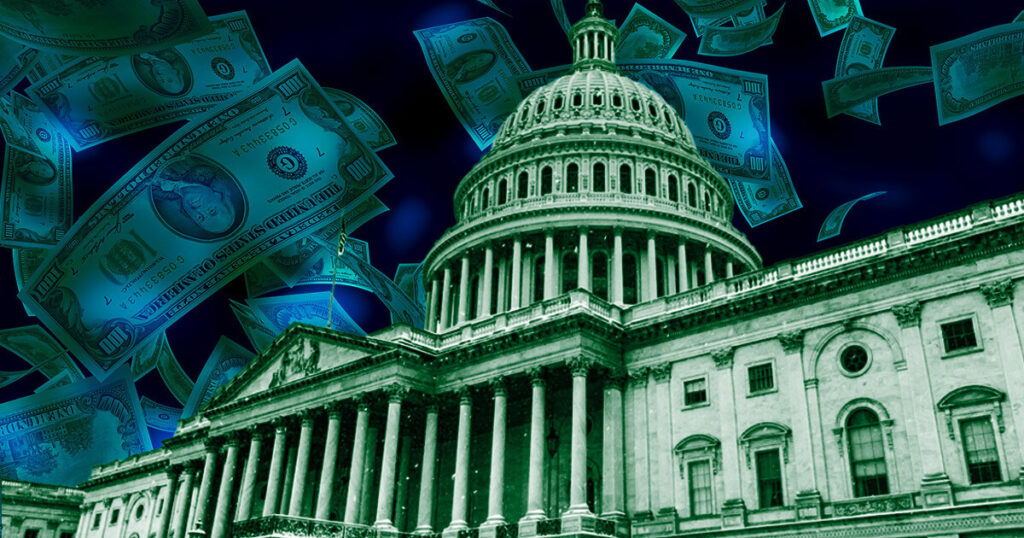In a letter to senior government officials on April 28, a coalition of U.S. Congressional leaders issued a letter to senior government officials saying they are alarmed by the use of digital currencies such as Tether (USDT) by countries such as Russia, Iran, and North Korea to circumvent international sanctions. expressed concern.
The letter, signed by Sens. Elizabeth Warren (D-Mass.) and Roger Marshall (R-Kansas), was signed by Secretary of Defense Lloyd Austin, Treasury Secretary Janet Yellen, and Under Secretary for Terrorism and Financial Intelligence Brian. Addressed to Secretary Nelson. Andrea Gacki of the Financial Crimes Enforcement Network and National Security Advisor Jake Sullivan.
Lawmakers recently cited a detailed article in the Wall Street Journal alleging that the stablecoin Tether has become essential to Russia's military operations, facilitating transactions despite sanctions and global financial regulations. emphasized the reporting.
The letter conveys a sense of urgency among U.S. leaders that the regulatory framework around cryptocurrencies needs to be strengthened to address the sophisticated techniques used by rogue states to evade sanctions. This reflects the growing consensus on
sanctions evasion
Lawmakers cited numerous examples of Russia using Tether to acquire dual-use technology that helped sustain military operations in Ukraine.
Despite the Treasury Department's sanctions against Garantex, Russia's preferred exchange, the platform reportedly continues to process a significant amount of cryptocurrency transactions.
The ongoing issue has led U.S. authorities to investigate more than $20 billion in cryptocurrency transactions potentially linked to post-sanctions Russian exchanges. The letter also reveals Russia's concerns about digital ruble and ransomware attacks as alternative means to circumvent sanctions.
The senators also linked cryptocurrencies to Russia's arms purchases from China, saying Russian arms smugglers are using cryptocurrencies to “evade” U.S. sanctions.
Additionally, the letter alleges North Korea's theft of billions of dollars in crypto assets to finance its nuclear program and Iran's digital currency to fund groups designated as terrorist organizations by the United States. It reveals the far-reaching impact of digital assets in global conflicts, including their use.
In response to these concerns, lawmakers are seeking detailed explanations of the measures taken and possible strategies to reduce the risks associated with the use of virtual currencies in sanctions evasion. They highlight the need for additional legislative and regulatory tools to effectively address these challenges and protect national security.
Previous development
The Treasury Department's November letter calls for the creation of a secondary sanctions tool aimed at regulating crypto exchanges and fintech services used for terrorism, as well as loopholes to address the use of cryptocurrencies in illegal activities. It made two broad calls for new powers to shut down.
The letter also seeks to confirm that the Office of Foreign Assets Control (OFAC) should have authority over USD stablecoin transactions that do not have a touchpoint with the United States.
Warren previously highlighted the Treasury Department's request for additional powers for cryptocurrencies in an April 17 letter, stating that any new law should include all of the previous requests and that other regulatory frameworks would He noted that this will allow tablecoins to penetrate further into the banking system.
Warren is known for her numerous attempts to regulate cryptocurrencies, primarily through her proposals. Digital Asset Money Laundering Prevention Act.


